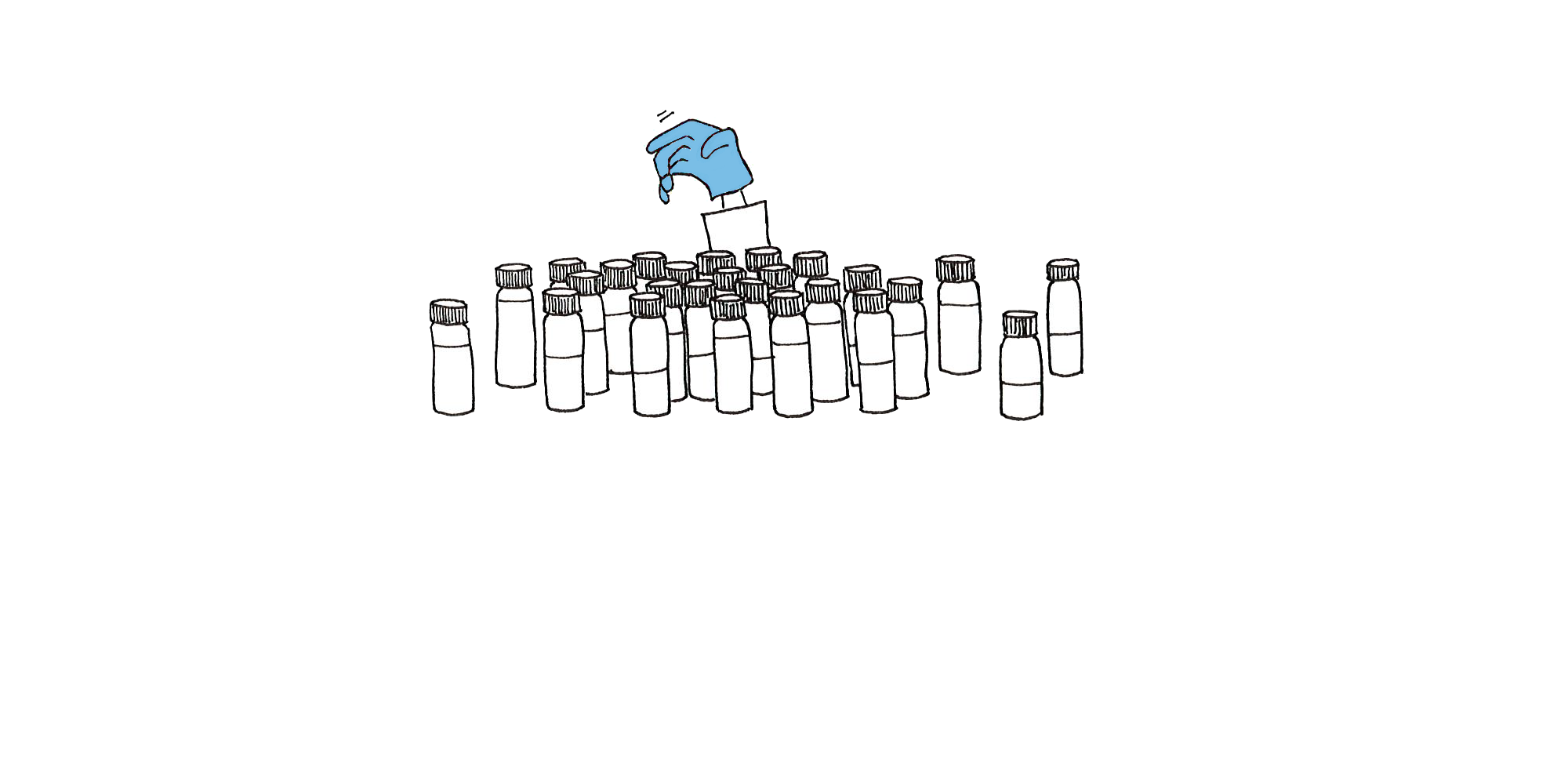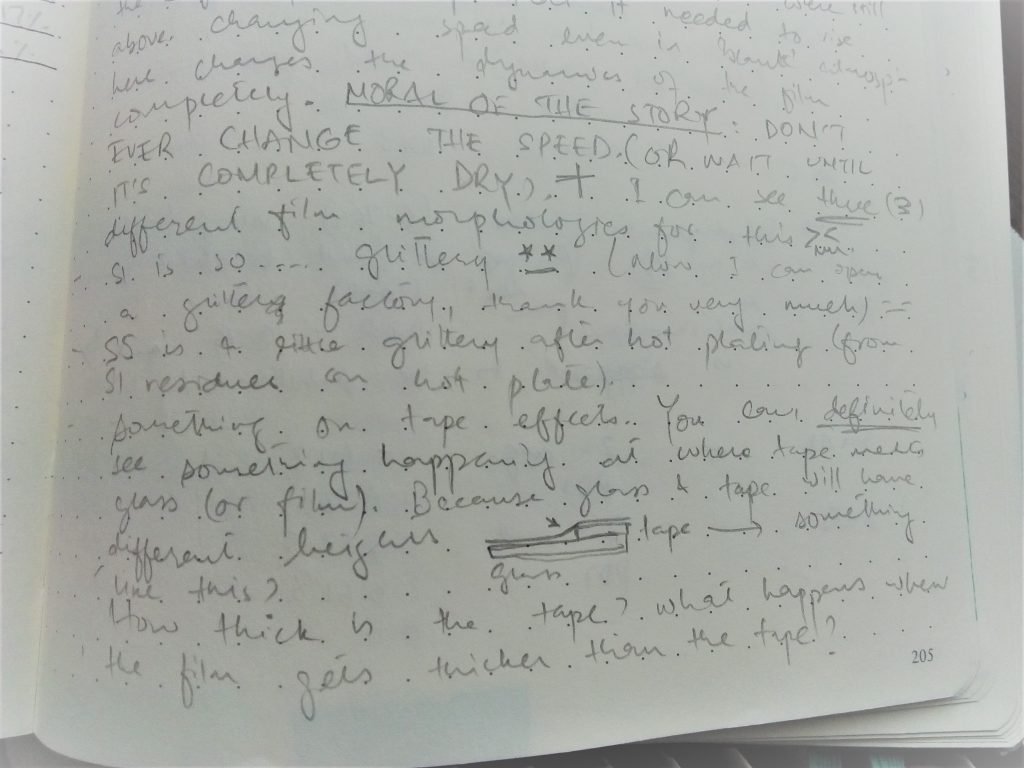In one of our group meetings, a professor raised a very interesting question for us to think over: Why you are doing what you are doing and what is the importance of your work?
In research, this comes up a lot, especially when you are writing grants or research papers, or when you are presenting at conferences. At these times, you are expected to communicate the impact of your work and your motivation to get a doctoral degree (same stuff is supposed to work for both, pfft – after all, why would anyone be motivated to work on something if it wasn’t making an impact on the society and the world).
This time, when the question got popped all of a sudden, I was baffled.
I mean, I know why I am getting a PhD and why it is important (or at least I think I do). In fact, on better days, I have been known to drone on and on about why I am doing what I am doing. On regular days, however, I just trust that when we chose to enter this catastrophe, we had a very logical reason for it (even if we can’t remember it right now) and we were extremely passionate and excited about this new chapter.
Just as right now, when I am trying to pen it down in hopes that it’ll clear my own vision, I am completely clueless. But I do remember it was for some very selfish reason that I decided to take this path.
One of the reasons is probably that I want to continue in academia and nobody is going to let me in if I don’t have a PhD (a very self-centered point).
Of course, I would also like to have my own research group and students that I can squeeze scientists out of (I can only hope for the poor souls and myself).
Another (very selfish) reason that I can think of is the training that a PhD can offer. If I get through to the other side, I would expect myself to be quite good at doing some things, be more mentally tough, and to have grown considerably on personal and professional levels.
So I do think about this and I am completely aware that I should have a well-prepped answer for this for a time like when-a-professor-may-suddenly-throw-this-question-at-me. I should have a very good idea about the impact my work is making.
But on regular days, I don’t worry about it too much. I think that impact is over-rated for regular-day science. But then again, are we all not making an impact every day (positive or negative)? Don’t we all ruin or make someone’s day depending on how we interact with them? And when you are working interdisciplinarily, with all these other people, every little bit of science not only has an impact on your own work but also on the work of the people around you.
And more on a scientific level, wouldn’t I end up making some kind of impact anyway if I end up completing my degree? Even if I was planning on not making any? It may be very small, but it would have added something to the knowledge of the world.
But aside from all this glorious philosophical ranting, I do realize I need to have a well-prepared answer for difficult times (but then aren’t all humans selfish by nature and whatever we are doing, isn’t it all self-serving in some way?).
Right, yes, we need to focus on writing down a good response to this one that we can pull out of our hat in times of need (but then again…

